LANDLORD RESPONSIBILITIES
Responsibilities of a landlord
As a landlord, you must:
Register the tenancy every year with the RTB and update them about any changes to the tenancy, such as a change in rent
Provide your tenant with a rent book or statement of rent paid
Make sure that the property meets certain minimum standards (though the standards for food preparation, storage and laundry purposes do not apply to AHBs)
Repair and maintain the inside of the property to the standard it was in at the start of the tenancy
Repair and maintain the structure of the property
Provide a Building Energy Rating (BER) for the property
Reimburse tenants for any repairs they make which are your responsibility
Insure the property (if it is impossible to get insurance, or if the cost is unreasonable, this doesn’t apply)
Provide the tenant with information about any agents who are authorised to deal with them on your behalf (such as management companies, agencies, personal representatives)
Ensure that the tenant knows how to contact you or your agent
Give private tenants 90 days’ notice of a rent review and follow the rules about how often you can do this (AHBs should give notice “as soon as is practicable”)
Provide tenants with a valid written notice of termination and follow all the rules around terminating a tenancy
You must also make sure that the tenants meet their obligations. Anyone who is affected by your tenants’ failure to meet their obligations can make a complaint against you to the RTB.
The Residential Tenancies (Amendment) Act 2019 gives the RTB extended powers to investigate, caution and sanction landlords who break their statutory obligations as a landlord. The RTB will investigate if a landlord:
Does not comply with Rent Pressure Zone rules
Does not register tenancies with the RTB and keep them up-to-date with changes to the rent
Does not offer a tenancy back to a tenant, if the property becomes available to rent again, and the tenant was originally asked to leave the property because the landlord was selling the property, changing its use, substantially refurbishing it, or because they needed it for themselves or an immediate family member
Provides false or misleading reasons for terminating a tenancy
Find out more about the RTB’s investigations and sanctions unit on the RTB’s website.

